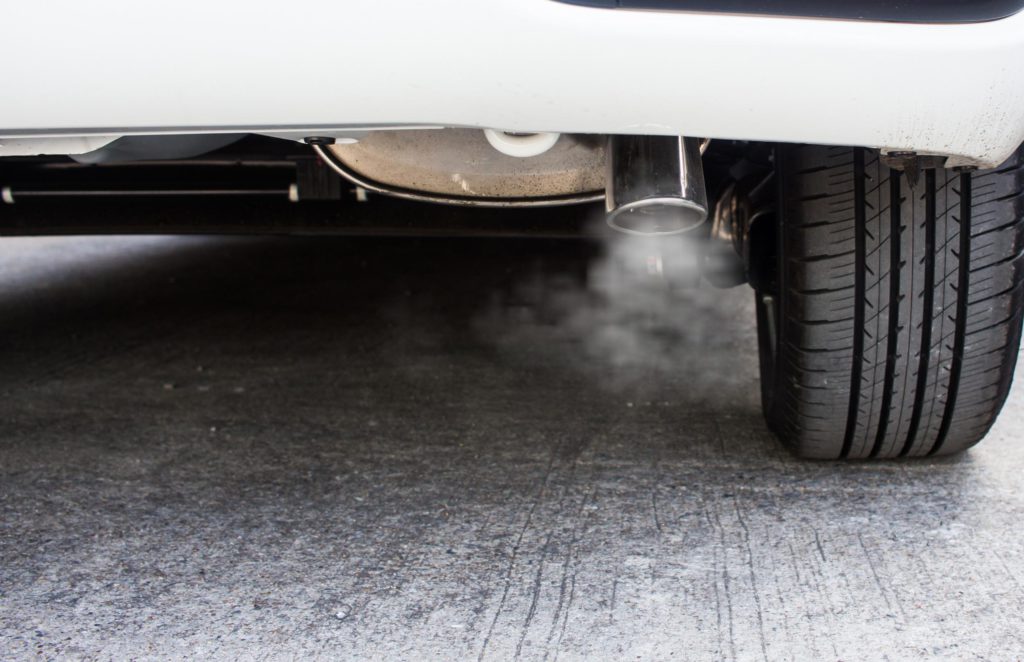German manufacturers in potential cartel investigation as Audi issues emissions recall
21 July 2017

21 July 2017
The European Commission is examining whether German manufacturers colluded on a number of automotive parts and systems, including those used to clean exhaust emissions, as part of investigations triggered by the Volkswagen (VW) diesel scandal.
Without citing sources, Germany’s Handelsblatt daily business newspaper has said the EU competition commission is looking into the suspicions based on an Audi presentation seized in raids on VW’s headquarters. The document, from April 2010, mentions a commitment by German carmakers “at management level” to the future adoption of a particular kind of catalytic converter used to reduce exhaust emissions on petrol engines.
However, according to Der Spiegel, the collusion goes back further. Following the raid, VW wrote to the EU Commission to expose the cartel, revealing that manufacturers including themselves, Audi, Porsche, BMW and Daimler were involved in discussing technology, costs and suppliers. Since the 1990s, more than 200 employees of the companies have been involved in the discussions.
The report also suggests that the corporations agreed together on technology they considered appropriate for the exhaust gas purification of their diesel vehicles, which laid the basis for Dieselgate. At various meetings, since 2006, the carmakers have also discussed the cost of AdBlue, an exhaust emissions treatment system for diesel engines, Spiegel said.
The manufacturers discussed details such as the sizing of tanks for diesel emissions treatment fluid and they agreed to use smaller rather than larger ones, as these would prove cheaper, even though they would not offer an effective way of reducing nitrogen oxide (NOx) levels.
In addition, the groups agreed even on technical details such as convertible roofs.″¯The working groups also focused on the selection of suppliers or the cost of vehicle components.″¯
Volkswagen submitted the letter to authorities in order to take advantage of rules that allow companies exposing cartels to receive a reduction in their penalties. Daimler has also submitted a letter of admission, according to reports.
The automotive world is no stranger to the existence of cartels. In July 2017, truck manufacturers were fined for running a cartel discussing the cost of parts, while in June 2017, a number of vehicle lighting manufacturers were fined by the EU Commission for taking part in a collusion, one of many in the parts market to have come to light in recent years. In this instance, Valeo, a company involved in the fixing, was granted a 100% reduction in its fine for its revealing of the group. This will be the route that both VW and Daimler will be hoping their letters will take them.
None of the involved parties have commented on the reports. The news, when revealed on the 21 July, sent stock prices in Germany falling, Volkswagen, Daimler and BMW shares were down 3.9%, 2.7% and 2.8% respectively.
Meanwhile, Audi has launched a recall for up to 850,000 diesel cars in order to update vehicle software controlling emissions, in a bid to avoid potential city driving bans. The service is also being offered to Porsche and Volkswagen brand cars using the same six and eight-cylinder Euro 5 and Euro 6 engines.
In a statement, Audi said: ′For several months, Audi has been intensively examining all diesel″¯concepts for any irregularities. All indications have been investigated and since 2016, all engine and transmission combinations have been systematically reviewed. In doing so, Audi has cooperated closely with the authorities and reported to them, in particular the Federal Ministry of Transport and the Federal″¯Motor″¯Transport″¯Authority (KBA). The overall package consists of voluntary measures, including some that have already been communicated to the authorities and which were considered in their decisions. Audi is aware that the investigations by the KBA have not yet been concluded.’
Daimler has also announced it will be recalling 3 million vehicles to retrofit them with new software, a sign that German manufacturers are taking the threats of diesel penalties on both manufacturer and driver, through bans and charging, seriously. German carmakers are in discussions with the country’s Transport Authority over a nationwide retrofitting plan, with a decision due to be announced at a National Diesel Summit in early August 2017.